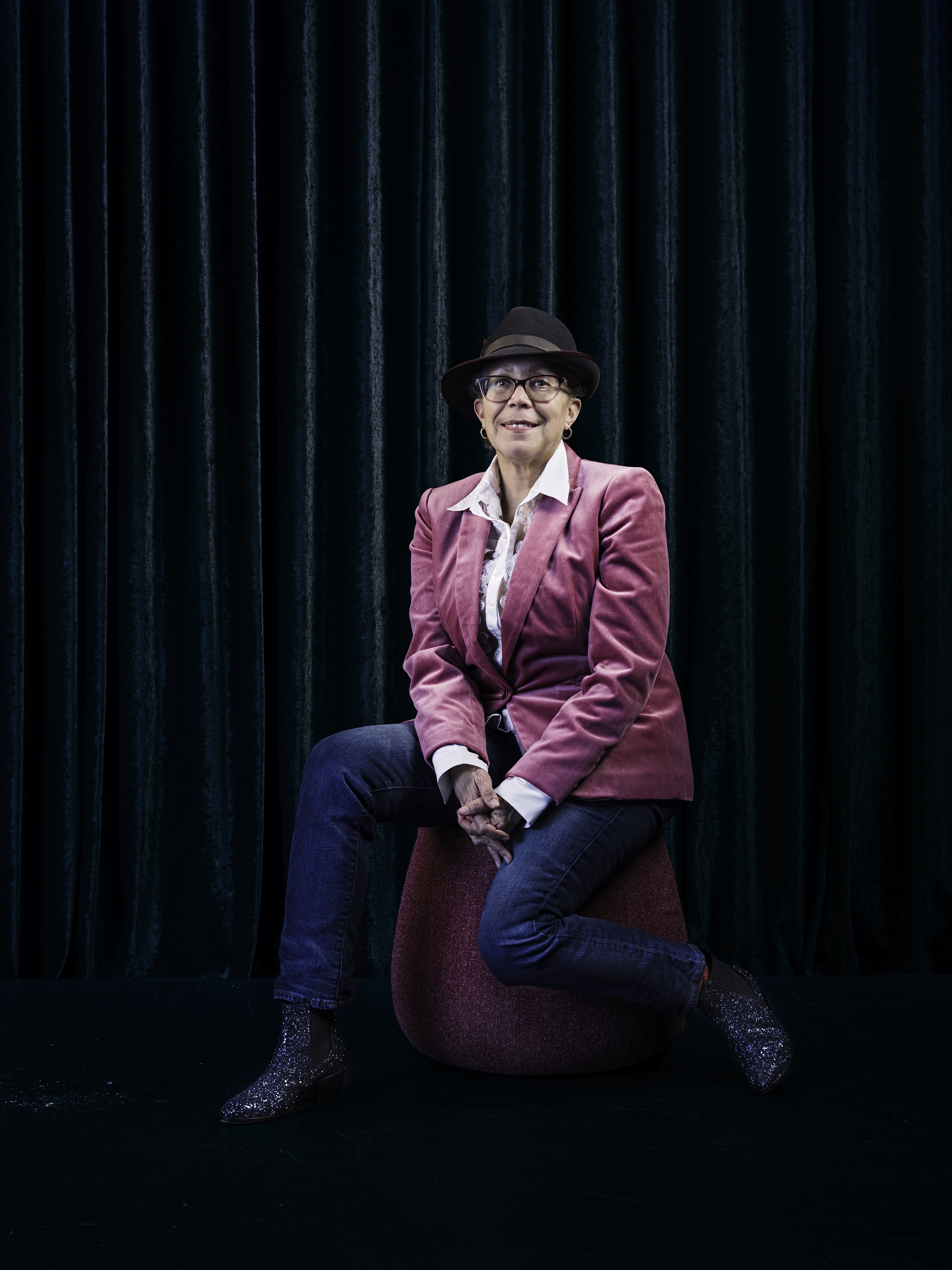
“I am a tech survivor,” says Maira Benjamin, a director of engineering at Pandora, the internet radio and on-demand music service with the largest listenership in America. Benjamin is a real unicorn—a woman of color in her mid-fifties who’s an engineer in a management role. For years, she was the only woman, African American and Latinx person on all-male, predominantly white teams. “It’s a lonely road,” explains Benjamin. “It’s thrilling when you see someone like you in the company and then isolating when they leave.” Indeed, studies show that the lack of diversity in tech is not just a “pipeline problem,” but a talent retention one. Women and people of color are more likely than others to leave their tech jobs because of unfair treatment, such as being subjected to stereotypes, passed over for promotion, given assignments below their job level, having others take credit for their work, and, of course, sexual harassment.
Located in a bland office building in downtown Oakland, Pandora’s six floors are enlivened by murals—street art portraits of musicians from the East Bay like Sheena E and MC Hammer and wall-sized word-search puzzles displaying the most common words used in pop song titles; the list includes true, angel, forever, crazy, fool and rose. Benjamin and I sit in an area called Backstage, with shimmering blue curtains and a drum kit on a low platform. Many of Pandora’s music analysts, data scientists, programmers and sales executives are also musicians who perform at least once a quarter. Benjamin, whose true love is jazz, learned to play piano in middle school (“too late to be a serious player”) and guitar a decade ago. At company gigs, she has been known to wield a tamborine.
Benjamin has been at Pandora for five years, working principally on the recommendation systems that choose the next song and keep listeners in the ecosystem. “I love every minute of what I do here,” she says. Benjamin currently oversees a particularly brainy group of 10 engineers who solve complex algorithmic problems. “Engineers are my people. They are often shy and introspective,” she explains. “I shield my team from a lot of politics and chaos. I look out for what they want to work on. If someone is interested in machine learning, it is my job to find them a project, so they can augment their skill set.”
At 18 years old, Pandora is a Silicon Valley dinosaur; yet its culture has a reputation for being progressive and upbeat. Almost half of its workforce is female; 5 percent is African American and 8 percent is Latino—more than double the representation of other tech businesses.
“Pandora is the first company I have worked at in my long career where there are actual communities,” says Benjamin. “I can talk about my background without backlash.” Benjamin started a 70-strong Women in Tech group, which is a subset of Pandora Women. She is also a member of Mix Tape, a resource group which represents the interests of non-white staff. Benjamin’s status as a positive force in the firm’s culture is such that coworkers refer to her as an “icon internally.”
Born to parents from the Dominican Republic, Benjamin grew up in a poor Hispanic pocket of East Oakland. She didn’t speak English or read until fourth grade. “They assumed I was mentally disabled and put me at the back of the class,” she says. That summer, at an observant teacher’s instigation, Benjamin studied diligently, transforming herself into an avid reader who went on to teach her mother and brothers English. A year later, a standardized test discovered her aptitude for math. “Math is an international language. Every person on earth understands that one plus one equals two,” she declares.
A love of math quickly became the hub of Benjamin’s identity. “My hair or sometimes my nose gave away my African descent, but did I eat grits? No. In high school, I didn’t fit into either community,” she explains. “So, I gravitated towards the kids who liked math and science, and hung out on third floor. I was a nerd before they used the term.”
Benjamin went on to study statistics at UC Berkeley. In those days, there was only one full-time female professor in the pure and applied sciences— Elizabeth Scott. A remarkable pioneer, Scott set up the statistics department in 1962 and recruited diverse faculty, including a Black professor who taught queueing and game theory. “It was a small major on a huge campus. It gave me a vision of what a diverse group could do,” she explains. Later, Benjamin did an MA in Liberal Studies at Mills College, which deepened her sense of history and “hyped up” her communication skills.
“Things won’t change if you don’t speak up,” says Benjamin. “The first person who speaks up takes the sword, but they can look at themselves in the mirror and know that they did the right thing.” Ellen Pao, for example, had admirable courage in suing the venture capital firm Kleiner Perkins for gender discrimination, despite the fact that she lost the case. “We need to understand that this is a war and there will be losses along the way,” says Benjamin. “Ellen is one of our generals; I am a foot soldier. My higher goal is to allow other women and people of color to follow in my path.”
Role models are essential, but it can be hard to find the right ones. “Sheryl Sandberg was a huge disappointment to me. She says lean in; I say lean all the way out,” declares Benjamin about the 2013 book by Facebook’s Chief Operating Officer. “I wanted to throw that book across the room. I didn’t have a six-figure salary to get a nanny for my daughter or to outsource my volunteer work. ‘You can have it all’ is a myth—a bunch of disrespectful, unrealistic nonsense. Most women have to choose... and I chose my daughter.” Now 25 years old, Benjamin’s daughter is doing a doctorate in biochemical engineering. “I know IshouldbeaCTOorVP,butIamfinewiththat choice. I have Jasmine as proof that it all worked out.”




